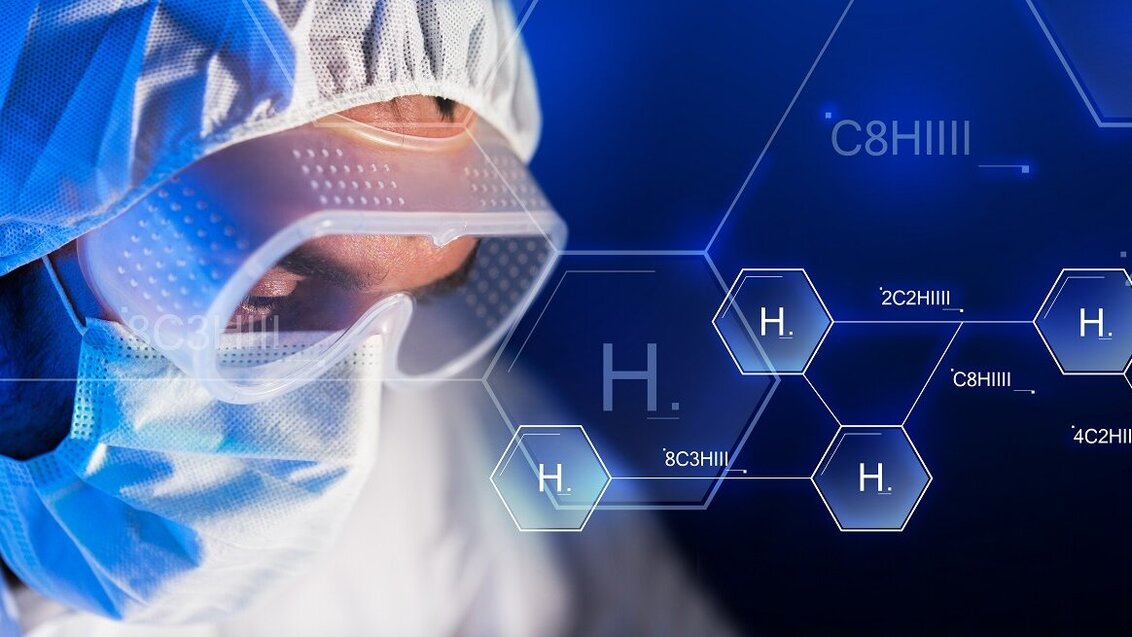Two research projects involving Polish teams led by AGH University researchers are to obtain funding within a competition organised by M-ERA.NET 3 network (Call 2023). The projects concern the field of materials and materials engineering, particularly sustainable advanced materials for energy. They will be implemented by international consortia consisting of scientific experts and industry partners, and the teams from the AGH University that are part of them will receive a total of more than PLN 1.7 million for research.
ArcAMAT project
title: Advanced materials engineering for arc plasma-assisted production of hydrogencontaining syngas for clean energy utilization
manager of the Polish team: dr hab. inż. Beata Dubiel, AGH University associate professor Faculty of Metals Engineering and Industrial Computer Science
foreign partners: Technical University Bergakademie Freiberg (Germany), Technical University of Denmark (Denmark), DBI-Virtuhcon GmbH (Germany)
granted funds: PLN 952,820
HYPHAD project
title: Machine Learning-Assisted Design of Metal Hydride Alloys for Hydrogen Applications using CALPHAD Predictive Modelling
manager of the Polish team: dr hab. Łukasz Gondek, AGH University associate professor, Faculty of Physics and Applied Computer Science
foreign partners: Korea Institute of Energy Technology (South Korea), Fraunhofer IFAM (Germany), Wonil T&I Co., Ltd (South Korea)
granted funds: PLN 768,612
***
The applicants in the M-ERA.NET 3 network competition, whose Polish members are the National Science Centre and the National Centre for Research and Development, could be international consortia consisting of at least three research teams from different participating countries, namely from Austria, Belgium, Bulgaria, Brazil, Croatia, Czech Republic, Denmark, Estonia, Finland, France, Germany, Israel, Hungary, Italy, Canada, South Korea, Latvia, Lithuania, Luxembourg, Norway, Poland, South Africa, Romania, Slovakia, Slovenia, Spain, Sweden, Taiwan, Türkiye.
As many as 382 preliminary applications and subsequently 109 full applications were submitted in the competition. Funding in the amount of 44 million euros was eventually awarded to 43 international research projects involving 205 teams (including several from Poland with funding from the National Science Centre and the National Centre for Research and Development).

 Pre-election meeting with a candidate for the position of rector
Pre-election meeting with a candidate for the position of rector  Agreement on cooperation with OPAL-RT
Agreement on cooperation with OPAL-RT  Krakow DIANA Accelerator consortium members with an agreement
Krakow DIANA Accelerator consortium members with an agreement  Meeting with the Consul General of Germany
Meeting with the Consul General of Germany  More Academic Sports Championships finals with medals for our students
More Academic Sports Championships finals with medals for our students  Launch of AGH University Student Construction Centre
Launch of AGH University Student Construction Centre  Bronze for our swimmers at Academic Championships
Bronze for our swimmers at Academic Championships  Smart mountains. AGH University scholar develops an intelligent mountain rescue aid system
Smart mountains. AGH University scholar develops an intelligent mountain rescue aid system